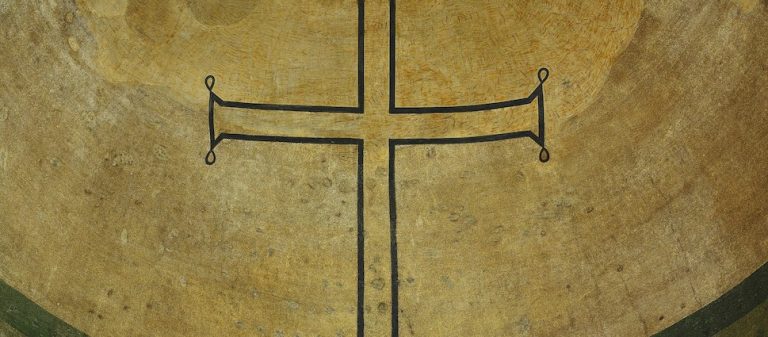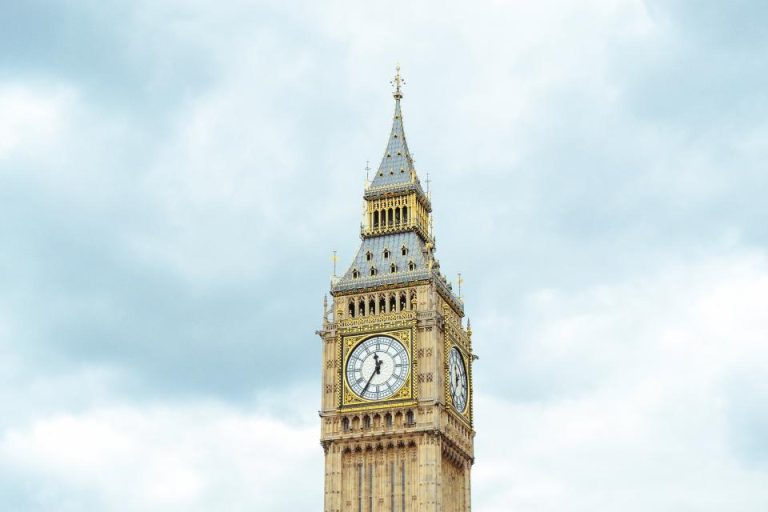 We continue our reading of the “Puritan Paperback,” Sermons of the Great Ejection, with the third study of Anglican Thomas Watson (parts 1, 2). “The Great Ejection” was the explusion of nearly 20% of Anglican ministers from their cures in the 1662 Act of Uniformity.
We continue our reading of the “Puritan Paperback,” Sermons of the Great Ejection, with the third study of Anglican Thomas Watson (parts 1, 2). “The Great Ejection” was the explusion of nearly 20% of Anglican ministers from their cures in the 1662 Act of Uniformity.
Thomas Watson’s sermon begins in a transcription of his pastoral prayer of 8 July 1662 as the Ejection deadline drew near. Last time we examined its opening praise of God’s nature and the sweetness of His communion in the Lord’s Table. We compared Watson’s devotional concerning the Table alongside the three Exhortations, the Prayer Humble Access, and post-Communion Prayers of Oblation in the Book of Common Prayer 1552/1662 and noted the very close correlation between them.
Watson mournfully reflects in the prayer’s confession how the Christians of his day have so presumptiously neglected God: “We confess we are untuned and unstrung for every holy action; we are never out of tune to sin but always out of tune to pray.” Watson reminds us that even if every sin were pardoned that we have ever committed excepting this present prayer, there would still be sufficient sinfulness within it to judge us and the world!
After such a clear rendering of our failure and condition, Watson continues his prayer in a declaration of God’s grace and forgiveness. Once again there are echoes here of the declaration of forgiveness and the comfortable words of The Book of Common Prayer. The first is of pardon in Christ’s sacrifice: “Let there be peace in heaven, and peace in the court of conscience” from His efficacious work. The second is the guarantee of His preserving and sustaining power: “…draw thine image every day more lively upon us; give us a more lively hope and a more inflamed love of Christ.” The third is of His hearing the prayers of His faithful people.
But I think it is Watson’s conclusion that will be the most surprising for the first-time reader. Watson leads his congregation to pray for King Charles II and his counselors. He prays that God will continue His providential care upon Charles and the realm:
“Shower down thy blessings (even the choicest of them) upon the head and heart of our dread Sovereign, Charles, by thy appointment of England, Scotland, France and Ireland, King, Defender of the Faith. Let him see wherein his chiefest interest lies.”
Watson asks that Charles may bring peace and justice to the realm so that the gospel may flourish and the Church is strengthened. This is the Sovereign’s chief interest. What may give one pause is how he also prays for the Privy Council, the very men who had set the 1662 Uniformity Act in place under which Watson and his congregation would soon suffer:
“Let the Lords of his Privy Council be a terror to evildoers and encouragers of those that do well.”
And in an echo of Justin Martyr’s declaration, Watson’s concluding biding asks of God that Charles will find believers his most true subjects: “Let him count those his best subjects that are Christ’s subjects.”
Watson’s prayer for the King’s majesty and his government should not surprise us. The Westminster Directory of Public Worship and The Book of Common Prayer both require regular intercession for the Sovereign and government in daily or weekly worship. Consider this required prayer from The Book of Common Prayer order for the Lord’s Supper of today’s Reformed Episcopal Church:
O LORD, our heavenly Father, the high and mighty Ruler of the universe, Who does from Your throne behold all the dwellers upon earth; Most heartily we ask You, with Your favour to behold and bless Your servant [N], our President, [our Senate and Representatives in Congress assembled], [N], the Governor of our State (or Commonwealth), and all others in authority; and so replenish them with the grace of Your Holy Spirit, that they may always incline to Your will, and walk in Your way. Empower them plenteously with heavenly gifts; grant them in health and prosperity long to live; and finally, after this life, to attain everlasting joy and happiness; through Jesus Christ our Lord. Amen
In my travels to other churches on the Sundays of my vacation, I was again struck by the lack of prayer for the head of state and government in the pastoral prayers or in its omission in the specific prayers or collects of the liturgy. I am left to ponder in our troubled age, particularly as our Presidential election draws near in a country deeply divided, what the consequence may be for us and our Republic.
How might you pray within family worship or with your congregation this coming Lord’s Day as The Book of Common Prayer requires and Thomas Watson demonstrates when to be Christ’s subjects in the years that follow will make us very troublesome citizens for those whom God has placed in authority over us?

 We continue our reading of the “Puritan Paperback,” Sermons of the Great Ejection, with the third study of Anglican Thomas Watson (parts 1, 2). “The Great Ejection” was the explusion of nearly 20% of Anglican ministers from their cures in the 1662 Act of Uniformity.
We continue our reading of the “Puritan Paperback,” Sermons of the Great Ejection, with the third study of Anglican Thomas Watson (parts 1, 2). “The Great Ejection” was the explusion of nearly 20% of Anglican ministers from their cures in the 1662 Act of Uniformity.























